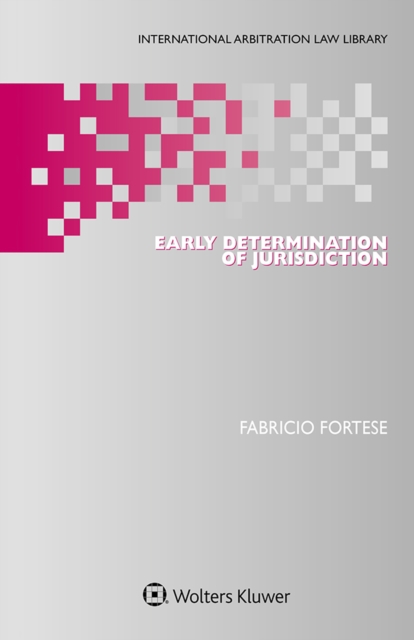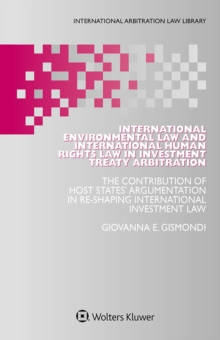
Early Determination of Jurisdiction PDF
by Fabricio Fortese
Part of the International Arbitration Law Library series
Description
The interpretation and application of the competence-competence principle are not uniform across jurisdictions. Conflicting approaches – to the extent, effects, and consequences of permitting an arbitral tribunal to decide on its own jurisdiction and the proper timing for judicial involvement – rest upon significant theoretical and policy concerns that have practical implications. Focusing on Article 8(1) of the UNCITRAL Model Law on International Commercial Arbitration, this book thoroughly examines a question of timing: whether national courts should (or could) conclusively settle jurisdictional disputes before or after the arbitrators have determined jurisdiction.
Covered in the analysis are such salient issues and aspects as the following:
prima facie versus plenary or full standard of judicial review;
obligations and powers the law affords judges in the presence of an (even putative) arbitration agreement;
cases highlighting the controversies in interpreting and applying the Model Law’s concepts, principles, and rules; and
detailed analysis of the text of the Model Law, including its drafting history.
Article 8(1) of the Model Law is analysed according to its interplay with other provisions of the same instrument and the New York Convention.
As a nuanced, deeply informed approach to interpreting national arbitration statutes that adopt the UNCITRAL Model Law, this book will help practitioners and judges approach judicial disputes over arbitral jurisdiction with full awareness of applicable rules and principles in an arbitration-friendly fashion. It provides matchless guidance through the intricacies of early determination of jurisdiction by balancing the legitimacy, efficacy, and efficiency of arbitration. For academics and policymakers, it will contribute to an ongoing paradigm shift away from state law and methodological nationalism towards transnational legal pluralism.
Information
-
Download - Immediately Available
- Format:PDF
- Pages:200 pages
- Publisher:Wolters Kluwer
- Publication Date:04/03/2024
- Category:
- ISBN:9789403502885
Other Formats
- EPUB from £128.74
Information
-
Download - Immediately Available
- Format:PDF
- Pages:200 pages
- Publisher:Wolters Kluwer
- Publication Date:04/03/2024
- Category:
- ISBN:9789403502885










